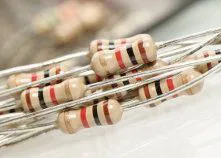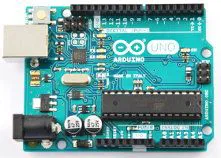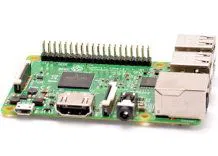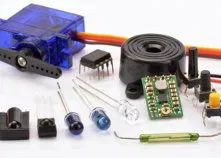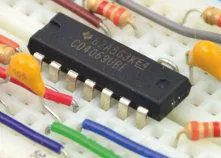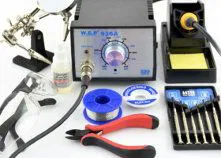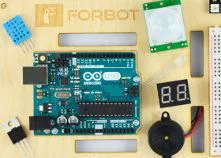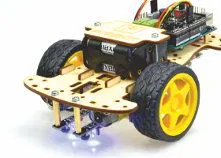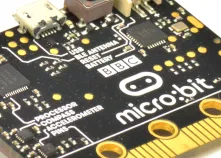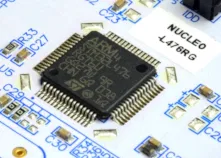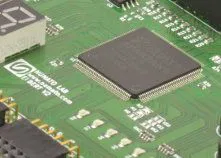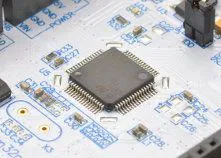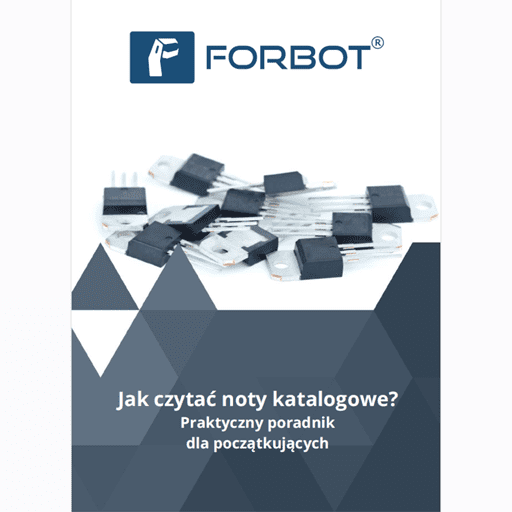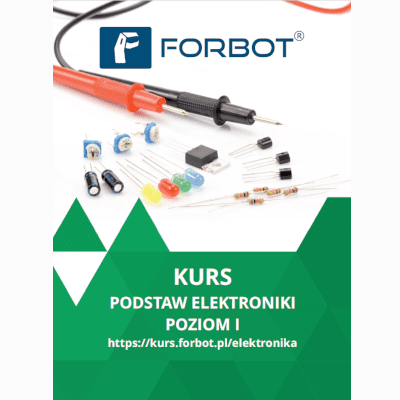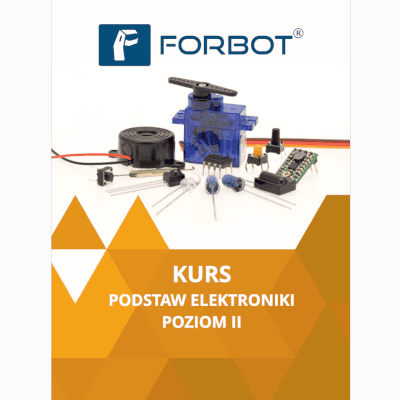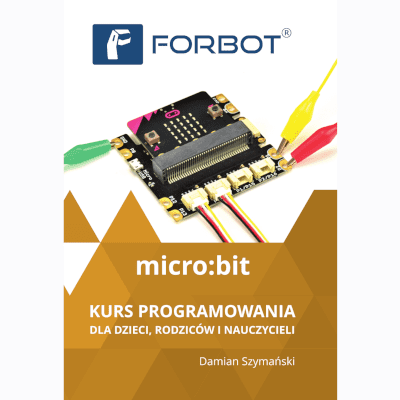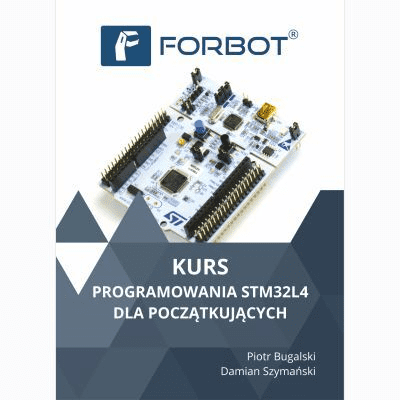Table of Contents:
Anycubic’s 3D printers offer a wide range of capabilities, from prototyping to detail production. Learn more about them and find out their benefits!
3D printers by Anycubic - make the most of your creativity
Anycubic’s 3D printers are a real treasure trove of possibilities for anyone who wants to make the most of their creativity. Whether you are an artist, engineer, teacher or entrepreneur, these printers offer a platform to realize your most ambitious ideas. They make it possible to create a variety of models – from simple forms to complex structures, in different materials and colors.
With them, you can transfer your visions from paper or computer screen directly to reality. These are devices that not only make your work easier, but also inspire you, opening the door to a world of unlimited creative possibilities. Anycubic printers are not only technology, but above all a tool that allows everyone to realize their full creative potential.
Types of 3D printers offered by Anycubic brand
Anycubic is a brand that has gained recognition in the world of 3D printing thanks to the variety and quality of its products. Below are the main types of 3D printers available in the offer of this company.
- FDM (Fused Deposition Modeling) printers – the most popular type in Anycubic’s portfolio. Models like Cobra 2 Pro or Kobra 2 Neo
are ideal for beginners and advanced users to create prototypes, models and decorative elements. - SLA (Stereolithography) printers – offer higher precision and print quality. Models such as the Photon and Photon S are perfect for applications requiring detail, such as jewelry or medical components.
- DLP (Digital Light Processing) printers – use UV light technology to cure the resin. Models like. Photon Mono X 6Ks are known for their speed and efficiency, ideal for mass production.
- Delta technology printers – Anycubic Kossel is an example of a Delta printer that offers fast and precise printing. Popular among 3D printing enthusiasts.
- Multi-material printers – allow printing from different materials at the same time to create more complex and functional objects.
Each of these types of printers has its own specific features and applications, making Anycubic an attractive option for different user groups.
Which Anycubic 3D printer should I choose to start with?
Choosing the first 3D printer can be a challenge, especially for those just starting out in this fascinating world. Brand Anycubic offers a wide range of devices to suit different needs and experience levels. If you are a beginner, here are some tips that may help you decide.
Start by thinking about what you will mainly use the printer for. Are you mainly interested in prototyping, or do you want to create decorative elements? The answer to this question will help you narrow down your choices to the models that will best meet your needs.
If you’re just starting out, it’s worth looking at printers that are easy to use and don’t require complicated calibration. Models with automatic table leveling or an intuitive user interface can make the first steps in 3D printing much easier.
Anycubic printers are available in a variety of price ranges, so it’s worth considering how much you’re willing to spend on your first device. Remember that in addition to the printer itself, you will also need to invest in printing materials.
Remember that 3D printing is a learning process that offers endless possibilities. Choosing the right printer is the first step in exploring this fascinating world.
What can be created with Anycubic 3D printers?
3D printers by Anycubic are not only advanced technological devices, but also tools that open the door to a world of unlimited creativity. Here are some of the ways you can use them to fully flourish your creative potential.
Decorative elements and art
Anycubic’s 3D printers are ideal tools for artists and design enthusiasts. With them you can create unique decorative elements, sculptures or even small art installations.
Prototypes and models
Engineers and designers can use Anycubic printers to create prototypes of various devices, machines or structural components. This is an excellent way to test a concept before implementing it on a larger scale.
Educational materials
Teachers and educators can use Anycubic printers to create teaching materials such as anatomical models, historical mock-ups or elements for science experiments.
Board game items and toys
With 3D printers, you can create board game pieces, figurines and even entire toys. This is a great option for hobbyists and people who want to personalize their gaming experience.
Small batch production
If you have an idea for a product you’d like to bring to market, Anycubic printers can serve as a tool for small batch production. With their precision and efficiency, you can start production on a smaller scale.
Tools and spare parts
Anycubic printers also enable the creation of tools and spare parts. It’s ideal for do-it-yourselfers and professionals who need specific parts that are hard to find on the market.
Anycubic 3D printers - summary
Anycubic’s 3D printers are versatile tools that open up a wide range of possibilities for users. Regardless of experience level, there is something for everyone in this company’s offerings. From models ideal for beginners that are easy to use and do not require complicated calibration, to advanced printers for professionals with a variety of features and technologies.
Anycubic allows you to create a variety of projects – from decorative and artistic elements, to prototypes and models, to gadgets and accessories. These printers are also increasingly used in education, making them an attractive tool for teachers and educators.
If you are thinking of embarking on an adventure in 3D printing or want to expand your capabilities in this field, Anycubic offers solid and effective solutions. It is certainly worth paying attention to this brand when buying a 3D printer.
How useful was this post?
Click on a star to rate it!
Average rating 0 / 5. Vote count: 0
No votes so far! Be the first to rate this post.





